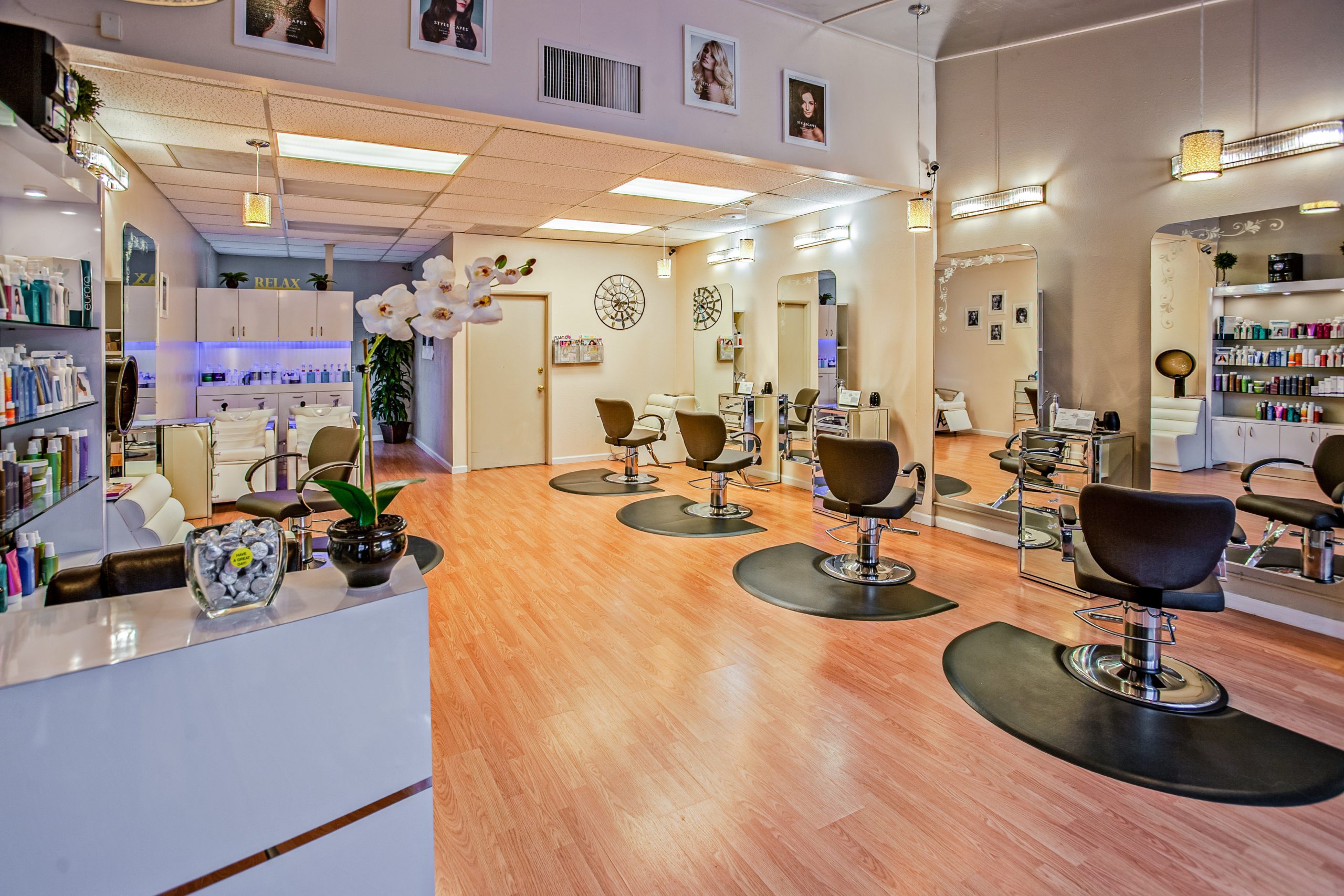Specialist Nail Salon: Stunning Results Whenever
Specialist Nail Salon: Stunning Results Whenever
Blog Article
Strategic Choices: Weighing the Advantage of Leasing Versus Having a Salon Space to Optimize Long-Term Success and Financial Viability
When it comes to developing a hair salon business, one of the critical decisions that proprietors should carefully think about is whether to rent or possess the room in which they run. The choice between renting and owning a beauty salon area can have a substantial impact on the lasting success and monetary health of the organization.

Advantages And Disadvantages of Leasing
When considering the choice between renting out a beauty parlor room or having one, it is crucial to evaluate the pros and disadvantages of renting out to make an informed selection. One primary benefit of renting a salon space is the versatility it offers.

Financial Aspects to Consider

Considering the financial implications of renting a beauty salon space versus possessing one is essential for making an educated company decision. When assessing the financial elements, it is vital to assess the initial expenses associated with each option. Renting a beauty salon room typically requires a down payment and monthly lease repayments, whereas possessing entails a deposit, home loan repayments, residential or commercial property tax obligations, and maintenance costs.
Furthermore, the lasting monetary effects differ between renting out and possessing. On the other hand, possessing a beauty salon space uses potential equity development and the opportunity to build assets.
Leasing might offer reduced upfront costs, allowing you to allot even more sources to advertising and marketing and business growth. Examining these monetary variables adequately will assist you make a calculated choice that maximizes your beauty parlor's long-term success and financial practicality.
Functional Versatility and Control
Optimal functional efficiency plays an essential duty in determining the equilibrium between adaptability and control when making a decision between renting and possessing a beauty salon room. Leasing a beauty salon room supplies intrinsic versatility as it enables for less complicated changes to transforming market conditions, customer preferences, or service needs.
On the various other hand, owning a beauty parlor room supplies a better sense of control over the residential property and its operations. Proprietors have the flexibility to tailor the area to their preference, carry out lasting methods without the danger of lease discontinuations, and possibly construct equity with time. However, possession additionally includes duties such as residential property upkeep, insurance, and real estate tax, which can impact the total financial commitment.
Ultimately, the decision in between renting and owning should think about the preferred level of functional versatility and control that aligns with the salon's lasting objectives and vision.
Financial Investment Possible in Possession
Given the functional considerations discussed previously, exploring the investment potential in salon ownership drops light on the monetary ramifications and long-lasting benefits that come best kids hair salon with possessing a salon space. By investing in a hair salon room, proprietors have the prospective to profit from residential or commercial property recognition, which can serve as a beneficial asset in the long run.
In addition, ownership enables greater control over the space, allowing proprietors to personalize and tailor the beauty parlor to their certain brand and vision without the constraints usually enforced by landlords. This degree of control can enhance the overall client experience and brand identity, potentially causing increased client retention and company growth.
In regards to financial investment possibility, possessing a salon space can likewise open up opportunities for additional earnings streams, such as leasing out extra space to various other charm professionals or incorporating retail sales within the beauty salon. Booth rental. These diversified revenue resources can add to the overall monetary wellness and sustainability of business
Long-Term Stability and Development
With a concentrate on sustainability and expansion gradually, establishing lasting stability and cultivating development are crucial facets of salon ownership. To make certain long-term stability, beauty salon owners should carefully think about elements such as place, market fads, and monetary planning. Selecting in between renting and possessing a beauty parlor space plays a considerable duty in determining business's development potential.
Leasing a beauty parlor room gives versatility and reduced first costs, enabling proprietors to allocate go resources towards boosting solutions and marketing efforts. By possessing the area, salon owners have more control over tailoring the home to match their brand name and can benefit from lasting possession growth.
Eventually, the decision in between pop over to these guys leasing and owning a beauty salon area ought to align with the proprietor's long-term service objectives and monetary goals. Whether focusing on adaptability or equity building, a strategic approach to residential property possession can substantially influence the hair salon's security and development trajectory.
Final Thought
To conclude, the choice in between renting out and having a beauty parlor area needs a mindful analysis of economic aspects, operational flexibility, investment possibility, and long-term security. Both choices come with their own set of advantages and downsides, and it is important for salon owners to weigh these aspects to optimize lasting success and monetary viability. Hair salon suites. Eventually, the selection in between renting out and owning ought to be based on a detailed evaluation of individual company objectives and situations
Report this page